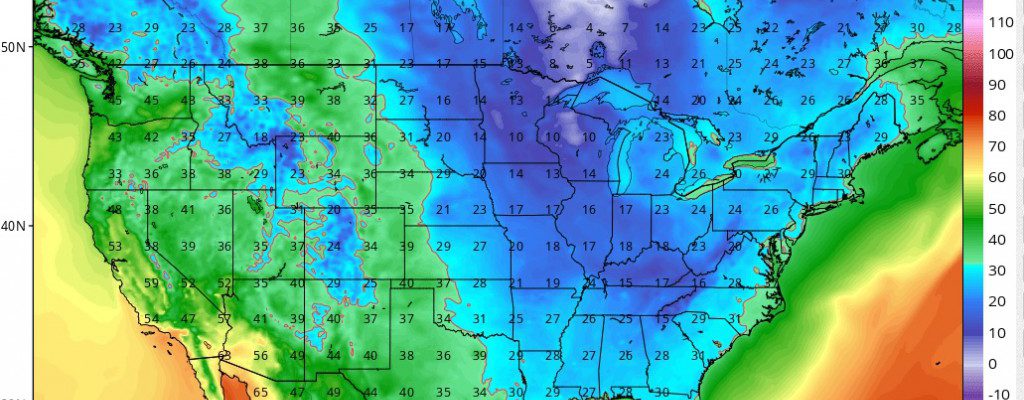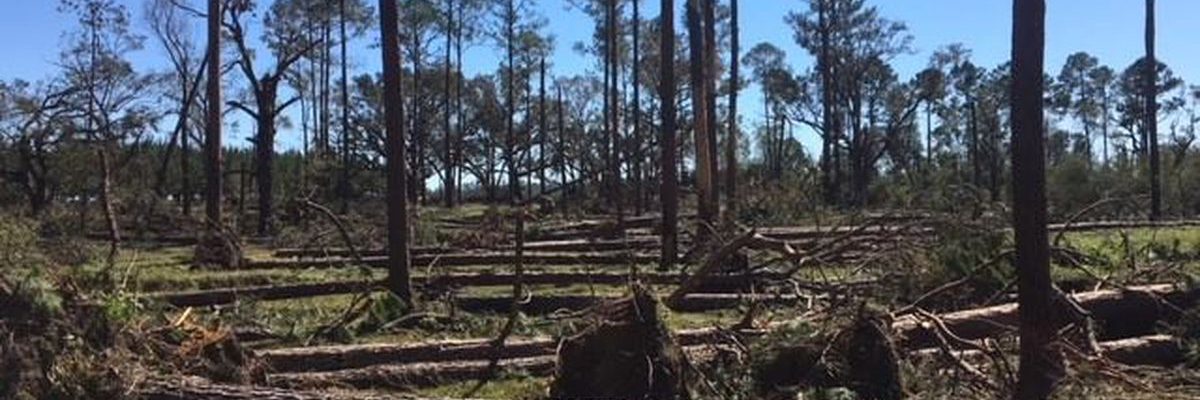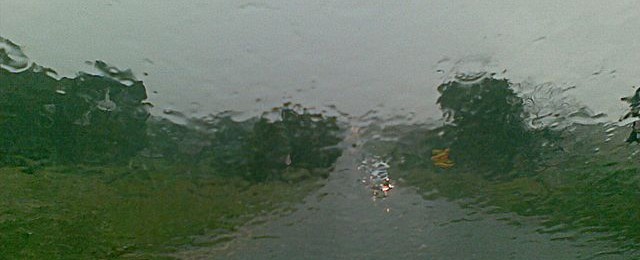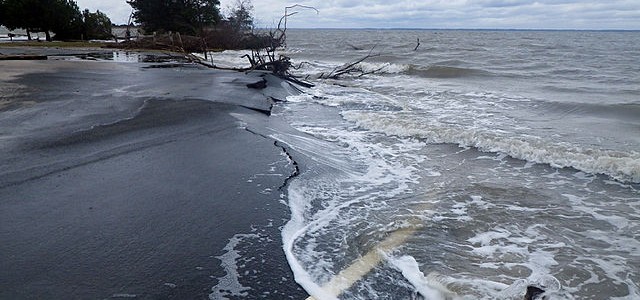November 2018
-

UPDATE: As of Friday November 9, it now looks like most of Florida and the coastal plains of Georgia, South and North Carolina will probably be spared a frost during this cold air outbreak, although scattered areas could still see something. Follow your local National Weather Service forecast for the latest information. I’ve been watching…
-

This year’s Southeastern Hay Contest winner is from Flatwoods Farms in Murrayville, Georgia, as announced at the Sunbelt Ag Expo on October 16. The hay sample they provided to the contest was one of the highest scored since the contest began 14 years ago, according to Brad Haire in the Southeast Farm Press here. This…
-

The Southeast Farm Press noted today that there will be a meeting for Georgia landowners who lost timber from the high winds of Hurricane Michael. The meeting is hosted by the Georgia Forestry Commission. GFC and personnel from the Farm Service Agency, Natural Resources Conservation Services, and University of Georgia Cooperative Extension will discuss how landowners…
-

Since rain is in the forecast, I thought you might be interested in this story from EarthSky about what we call “petrichor”, which is basically the musky, earthy odor we smell when it starts raining. It is not the rain itself that has an odor, but the moisture releases chemicals from the soil that combine…
-

A new study published recently in the journal Nature indicates that the ocean is absorbing heat and getting warmer at a much quicker rate than previously estimated. The study indicates that it could be gaining 60% more energy each year than previously documented. This could mean that global climate models are underestimating how much warming…
-

Here is an interesting time-lapse video showing the power outages from Hurricane Michael. Over 3.1 million customers affected, and at one point 1.6 million people were without power. Check it out at https://imgur.com/GRV1J7w.
-

Our latest question from the Georgia Climate Project’s Roadmap of important research questions on Georgia’s future climate vulnerability addresses the changing risk of extreme events such as hurricanes, floods and droughts. It asks how the changes in the risks is affecting the costs of addressing climate change on different time scales and what the implication…
Posted in: Climate science